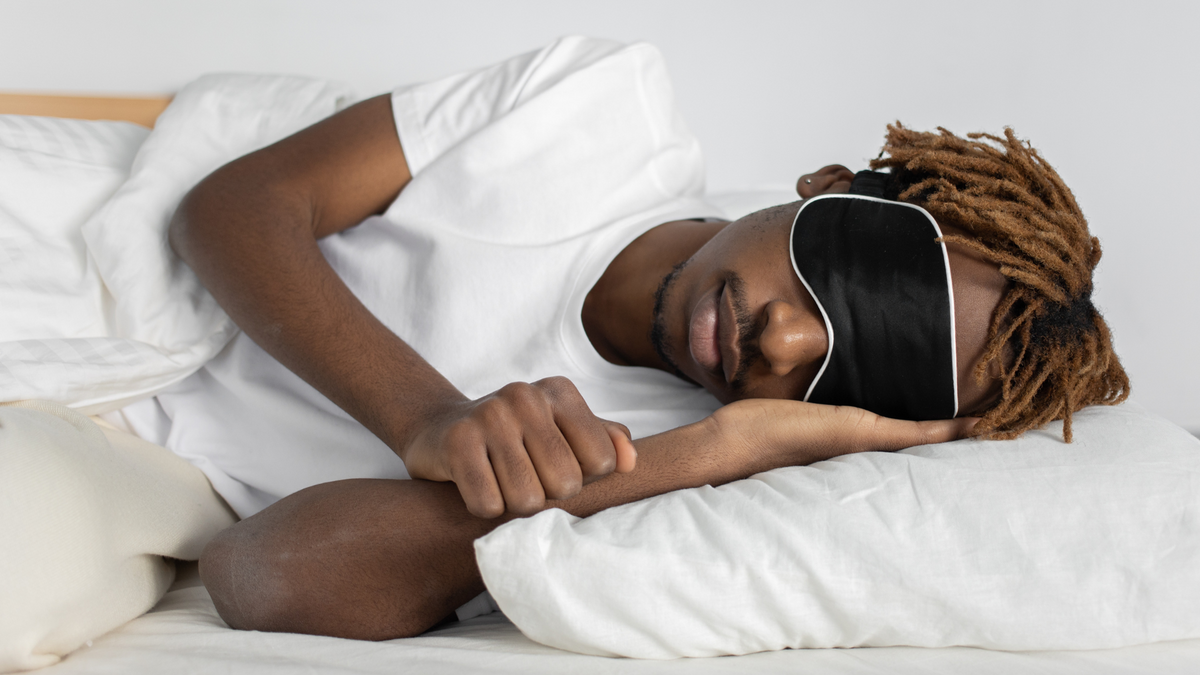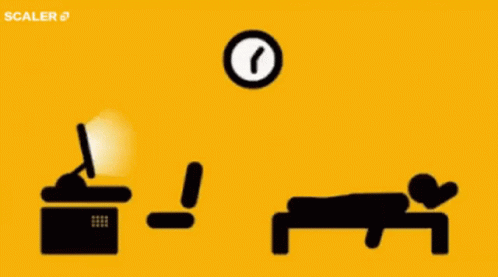Some practical tips for helping you sleep better
Better sleep can work wonders for your body, your mood and your overall wellbeing, especially if you're hitting an hour a day on the "Saber"!

Better sleep
Better sleep can work wonders for your body, your mood and your overall wellbeing, especially if you're hitting an hour a day on the "Saber"!
So it makes perfect sense to implement whatever measures you can to ensure those precious 8+ hours of sleep are kept on-track. Depending on your habits, behaviours and attitudes towards rest, easing your way in slowly to new routines is the best way to get ahead.

With sleep deprivation now known to affect your cognitive function, according to a study in 2007, as well as on your mental and physical health, there’s never been a better time to get into a good bedtime routine and banish bad sleep for good. Here are some tips to get you off on the right foot:
Create your own personal sleep routine
There’s nothing like a routine to break those bad sleeping habits, and consistency is key to getting those good practices in place. According to a study from the Journal of Sleep Research in 2003, putting yourself in a consistent cycle for sleeping and waking can make a considerable amount of difference. A sleep routine will look different depending on your specific issues or goals. Generally speaking, cutting out caffeine in the hours before bed, winding down with reading or meditation and getting in a little exercise are all great ways to prepare yourself for a great night’s sleep.

Take a look at what’s causing your sleep loss
Investigating what’s led to your current loss of sleep is a great way to start to make positive changes. Perhaps you’re in the habit of staying up too late because there simply aren’t enough hours in the day. Maybe you’re forgoing that valuable sleep time to catch up on TV, and you find yourself waking up tired and groggy. Or you could just be carrying a little too much stress around with you.

Banish blue light from the bedroom
Blue light isn’t quite the boogeyman it’s been worked up to be, but it can still negatively impact your sleep if not appropriately managed. While, during the day, exposure to blue light is perfectly normal – from your computer, smartphone, TV or even overhead lights – in the evening, it’s this light that keeps you wide awake. Healthline suggests that blue light tricks your brain into thinking it’s bright daylight and as such not the time for sleep. Cutting blue light out of the bedroom, whether it’s leaving your smartphone outside the room, dimming the lights, or utilising blue light-blocking filters on your laptop, is a significant first step to getting that great quality sleep you need.
Better sleep means a better you during the day. So it’s well worth looking into ways to get your body the rest it needs to thrive.
By taking the extra steps needed for good quality sleep, you can improve many aspects of your life. Reducing stress, making you more resistant to illness and improving your concentration and focus are just some of the positives. With better sleep, it’s easy to see improvements every single day.
Listen to an audio version of this article 👇
Enjoy Simulators!!

I don't know anyone who suffers from VR motion sickness, but there are some old and new remedies you can try. Chew some stem ginger, wear an earplug in your dominant ear, wear a seasickness watch.#VR #motionsickness #remedies
— Simulation Magazine (@SimulationMag) November 29, 2022
https://t.co/N9dx864avP





